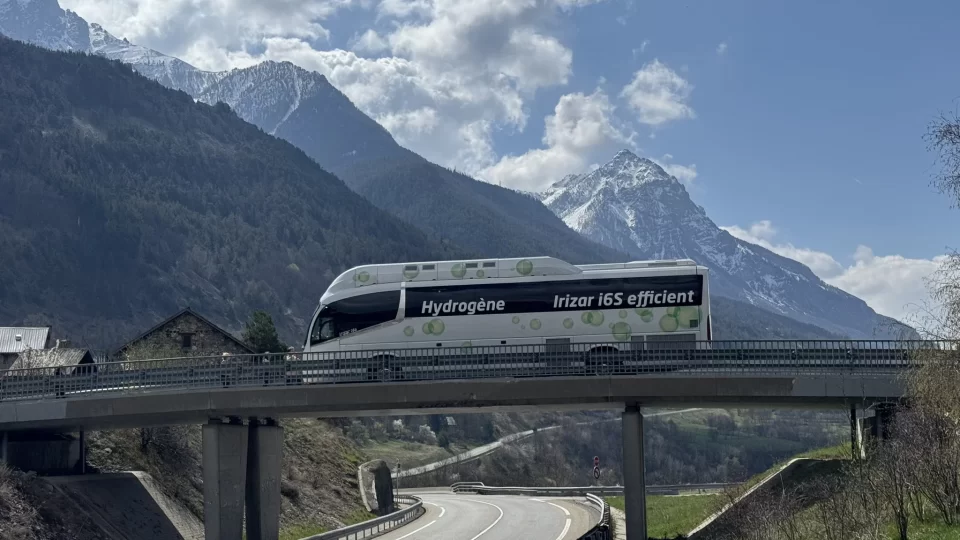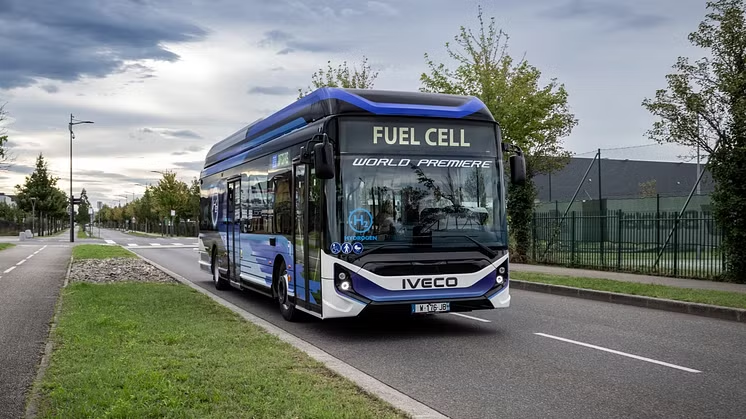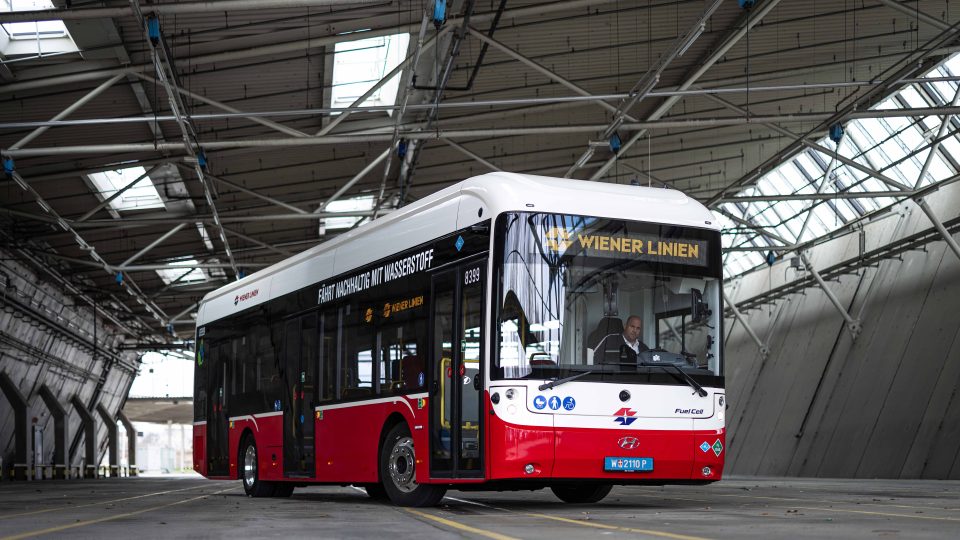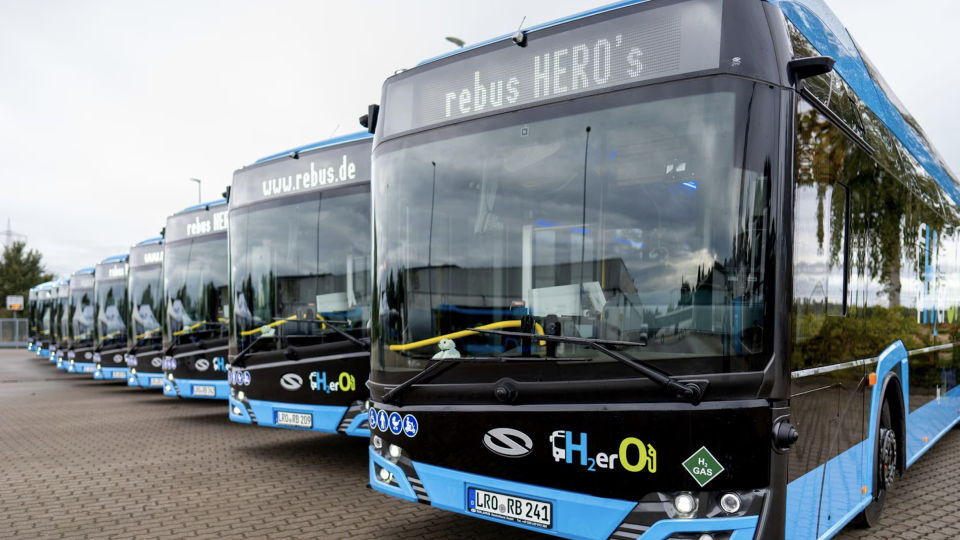New German order for Wrightbus fuel cell buses: 46 Kite Hydroliner headed to Cottbus
Wrightbus has signed another deal for hydrogen bus supply in Germany: 46 vehicles have been indeed ordered by Cottbusverkehr GmbH and will serve the city of Cottbus, the second largest city in the state of Brandenburg, and and in the western part of the district of Spree-Neiße. The first buses are due to be delivered […]
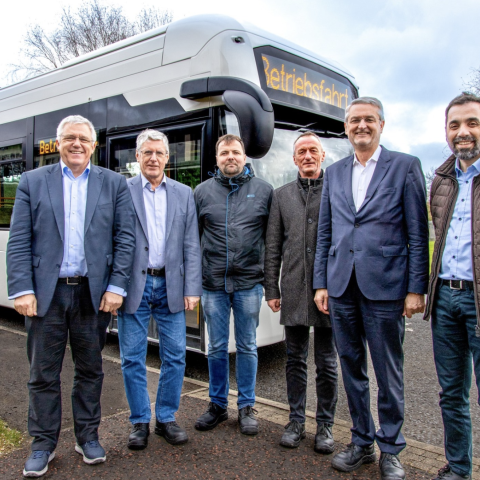
Wrightbus has signed another deal for hydrogen bus supply in Germany: 46 vehicles have been indeed ordered by Cottbusverkehr GmbH and will serve the city of Cottbus, the second largest city in the state of Brandenburg, and and in the western part of the district of Spree-Neiße.
The first buses are due to be delivered at the end of 2024.
Wrightbus hydrogen buses for Germany
The Cottbus order for the Kite Hydroliner buses follow deals in Germany with West Verkehr, Regionalverkehr Köln GmbH (RVK), and Saarbahn GmbH, with more European orders in the pipeline.
The orders follows an announcement by the German government to implement a €350 million scheme to support the production of renewable hydrogen.
The 46 buses ordered by Cottbusverkehr GmbH are the operator’s first hydrogen buses. They are compliant with VDV (Association of German Transport Companies) regulations and also meet the requirements of the European General Safety Regulation GSR2, which covers safety and the protection of vehicle occupants and vulnerable road users.
Wrightbus was named Northern Ireland’s fastest-growing company by Growth Index this week. The company employes 1,650 people and, according to figures provided by Wrightbus itself, is currently producing 22 buses a week.
Wrightbus’ Chief Executive Jean-Marc Gales said: “We are delighted to be working with the city of Cottbus on this incredibly important initiative. Hydrogen has a key role to play in moving away from fossil fuels to decarbonise energy and provide cleaner air for all. This is especially true in public transport and we are proud that our buses will be on the streets providing and clean and comfortable service for the people of this region. This is one of our largest orders in Germany to date and we look forward to our ongoing relationship.”
Cottbus Mayor Marietta Tzschoppe said: “We are taking a first, important step towards the future of mobility. This is where the energy transition becomes concrete and it creates a positive impact for our passengers.”


